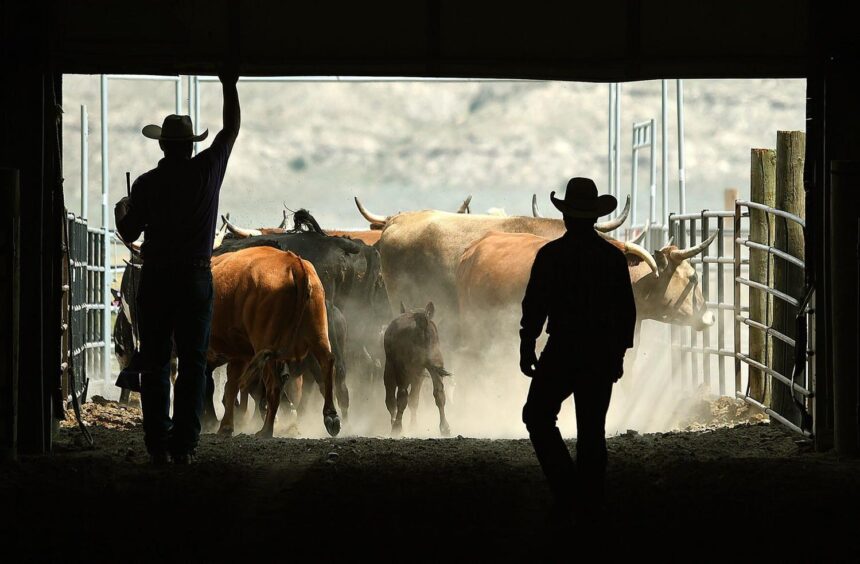As farm policies play in politics, county of origin labeling has always sizzled. Ranchers have shined to the populism of beef labeled “raised in the USA.” Consumers responded positively.
“COOL,” as the labeling is known, has been a PR hit since a first-year U.S. Senator from Montana, Democrat Jon Tester, proposed it in 2007. But it’s also been highly controversial, opposed by meatpackers who argue that on the hook there’s no difference between an American Simmental and Corriente from Mexico.
Congress fought through the politics of meat to make COOL law in 2009 but retreated as Canada and Mexico complained to the World Trade Organization, calling the U.S. policy an unfair trade practice. WTO in 2015 granted the two nations approval to impose tariffs on United State products in retaliation for meat labeling.
Quietly, COOL has made a return, despite the threat of tariffs from Mexico and Canada, once thought to add $1.01 billion to the cost of U.S. exports. The reason is vacancies on the WTO Appellate Court, explained Bill Bullard, CEO of the R-CALF USA.
Earlier this spring, Bullard told Lee Montana newspapers that vacancies on the appellate board have gone unfilled since 2019 because the United States has blocked new appointees. Both President Joe Biden and former president Donald Trump have played a role. R-CALF USA stands for the Ranchers-Cattlemen Action Legal Fund, United Stockgrowers of America.
During the appellate board logjam, the U.S. Department of Agriculture has been tenderizing the U.S. meat labeling policy. In March, USDA finalized its rule allowing voluntary “product of USA and “Made in USA” labels, starting in 2026, which means the COOL labeling doesn’t rise to the mandated identification at the core of the WTO dispute brought by Canada and Mexico.
USDA also committed to purchasing United States beef for its “Foods in Schools” program. About 15% to 20% of the food in school lunches is purchased by USDA.
“Biden has made the use of ‘Product of USA’ only if it is born, raised, slaughtered in the United States, that’s huge, because now they know, they’ve got to quit lying to the consumer,” said Walt Schweitzer, CEO of Montana Farmers Union. “And then he went even a step farther, and he’s requiring that any food procured by the USDA has to be born, raised, and processed in the United States. And so that’s going to force these factories, because a huge market for them is the schools, is the prisons, is our hospitals. If they’re going to fill that market, then they’re going to have to establish that it’s a product of USA.”
Federal lunch programs were long a target for beef raised outside of the United States but slaughtered at meatpacking plants in the United States, Schweitzer said. That’s because school lunch beef is usually hamburger, which comes from lower quality animals, a niche cattle from Mexico and Canada contributed to.
Farmers Union puts a Montana label on the beef it processes in Columbia Falls, Schweitzer said.
There is a new bill to create country of origin labeling that what would be “WTO-compliant.” The latest version was introduced in partnership by Tester and South Dakota Republican Sen. John Thune.





